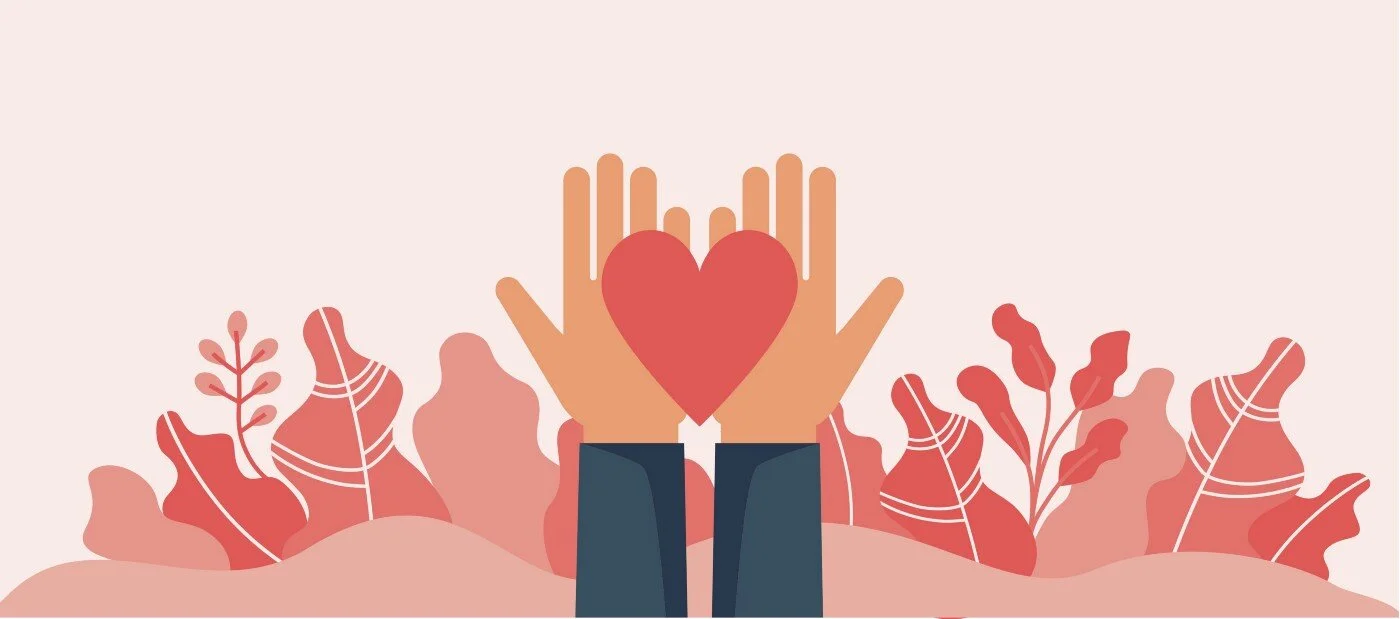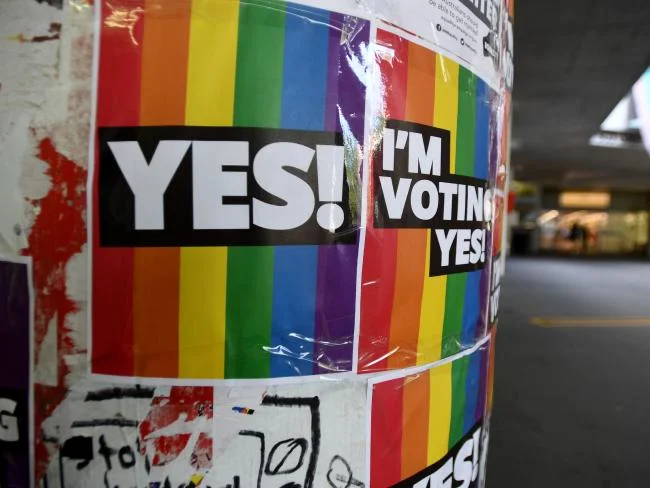The term ‘transitional justice’ encompasses a wide range of initiatives and mechanisms to address legacies left by human rights atrocities committed amidst situations of armed conflict or in transitions from autocratic to democratic rule. Mechanisms like the South African Truth and Reconciliation Commission, The International Criminal Tribunals for Rwanda or the Former Yugoslavia (ICTR/ICTY) or Timor Leste’s Commission for Reception, Truth and Reconciliation in East Timor (CAVR in Portuguese) are among some of the most internationally known transitional justice processes. In this blog post Dr Louis Monroy-Santander explains the need to prioritise local voices in peacebuilding.
Read MoreWith the NDIS Amendments Bill 2024 open for submissions until the end of the week, today’s post, written by Muriel Cummins, critiques the potential impact of the Bill on some of the most marginalised NDIS recipients – people living in private supported boarding houses. Muriel raises concerns from her reading of the Bill and NDIS reform more generally, and the potential of these policy and legislative changes to further erode the rights of people living in these modern-day institutional settings.
Read MoreLGBTIQA+ people are more likely to experience marginalisation, stigma, social exclusion, abuse, and violence than the wider community. Philippa Moss, CEO of ACT-based LGBTIQA+ peer-led health service Meridian, and Alison Barclay, researcher and social impact consultant, explain how peer-led services are helping to address this gap, and what more needs to be done.
Read MoreMarch and April of this year saw a spate of stories about animal cruelty reported across Australian news media. In today’s article, Serrin Rutledge-Prior (@serrinrp) from the Crawford School of Public Policy reviews prosecutions brought under animal welfare legislation across Australia, arguing that the treatment of non-human animals under Australian law is both inconsistent and insufficient in terms of delivering justice to victims of neglect and abuse.
Read MoreAfter the 2022 Federal Government budget, The Antipoverty Centre asked people on Centrelink payments – the real social policy experts – for their reactions. One example: “This budget is an exercise in austerity & cruelty for the poorest, most vulnerable Australians, but for the wealthiest Australians it's an exercise in government handouts.’
Read MoreMarcella Brassett from Democracy in Colour argues the national anti-racism strategy cannot be just another tick-a-box, saying “Black, Indigenous and People of Colour (BIPOC) have done our bit for diversity and inclusion ‘way out’ for white people with power. We need to act on every level to make Australia a safe place to live, work, build families and futures for everyone, not just Anglos.”
Read MoreGeorgia Lee (a pseudonym), academic and activist, explains how kindness and solidarity are intrinsically linked - and can be the key for a new kind of politics - drawing on the refugees in onshore and offshore detention and the COVID-19 response as examples
Read MoreGerry Hamill from UK NGO First Time Inside helps new prisoners prepare for incarceration through ‘rehabilitation’. In this blog, Gerry reflects on the uses and abuses of people with ‘lived experience’ in the social service sector.
Read MoreMeredith Edelman argues that ‘morally bankrupt’ corporations should face the possibility of a corporate ‘death penalty’ and having their shares redistributed among the victims of their crimes. Her post explains how this may help in corporate accountability.
Read MoreIn today’s post Dr. Archana Voola, Research fellow at University of New South Wales, discusses the societal, community and individual levels factors playing a role in our everyday financial lives. The daily news media depicts stories about the debt crisis, housing un-affordability and sluggish wage growth. But what is actually happening behind these numbers? Who are the humans who make up the data? And what can we do about it? Archana uses her sociological imagination to uncover the icebergs in the financial seascape of Australia.
Read MoreMaiy Azize of Anglicare Australia explains how her recent study of social attitudes shows that Australians are surprisingly empathetic towards people in poverty - and how anti-poverty advocates can campaign and win.
Read MoreDoes art have the power to persuade? You bet! In a slightly left-of-field blog entry for P2P, today’s post features a piece by Sasha Grishin, Adjunct Professor of Art History, Australian National University that originally appeared in the Conversation. In it, Sasha reviews an exhibition of work by prolific Australian artist Ben Quilty that invites important questions about the role of art in bringing compassion to the front of national debate.
Read MoreTo round out your week, in this post from the CEO blog at the Centre for Social Impact, Professor Kristy Muir reflects on power, leadership, stepping outside of ourselves and knowing when one more marshmellow is one too many.
Read MoreValerie Braithwaite, psychologist and professor at the School of Regulation and Global Governance at ANU takes us back to the introduction of higher education loans in Australia to explain how justice is central to the acceptability and success of social policy in this re-post from The Australian TAFE Teacher magazine.
Read MoreWayne Herbert is a disability professional, LBGTIQ activist and author. This is a lightly edited version of his speech given at TedX Canberra (2017) and to be given at the 2018 Canadian Association of Supported Employment Conference, explaining his experiences navigating life as a self-proclaimed ‘disabled gay’
Read MoreAs many of you will no doubt know, the federal government wants to change a number of laws and regulations, all of which will limit the ability of charities to advocate on behalf of their communities. In this post cohealth's Lyn Morgain explores these changes and the disastrous impact they would have on the sector.
Read MoreThe Australian "postal survey" said YES to marriage equality, and in doing so rejected a number of false or misleading claims by opponents. As the Senate returns this week to resume debate on the Marriage Amendment (Definition and Religious Freedoms) Bill 2017, Jamie Gardiner examines the implications of the survey outcome for future reforms in addition to equal marriage.
Read MoreA growing number of organisations have explicitly supported the campaign for marriage equality in Australia. But as the debate has gathered momentum and a degree of heat in some quarters, some organisations have chosen to refrain from taking a public position, viewing the issue as one of personal conscience. In this adapted evidence review, Jason Rostant briefly outlines the public health case for health, community sector and other NGOs taking a public stance in support of marriage equality.
Read More
















